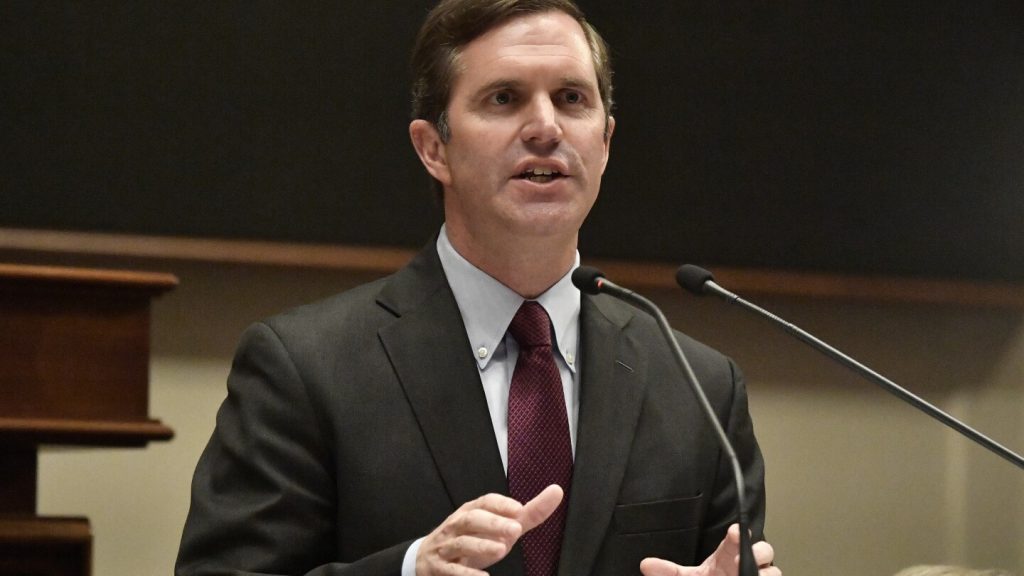Kentucky Governor Andy Beshear recently vetoed a criminal justice bill that was backed by the GOP, citing concerns about increased incarceration costs and the criminalization of homelessness. The bill, sponsored by Republican state Rep. Jared Bauman, aimed to impose harsher sentences for various crimes and make several changes to the state’s criminal code. Supporters of the bill argued that it would hold criminals more accountable and make communities safer, while opponents warned of the financial burden it would place on taxpayers.
One of the key provisions of the bill was the creation of a “three-strikes” penalty that would result in felons being locked up for life after committing a third violent offense. Despite some positive aspects of the bill, such as requiring the destruction of firearms used in murders and addressing carjacking and parolee participation in violence reduction programs, Governor Beshear expressed concerns about the lack of fiscal impact analysis provided by the General Assembly. The bill passed by wide margins in the Republican supermajority legislature, with supporters emphasizing the importance of providing law-abiding citizens with a sense of safety and security.
The bill also included provisions to combat the distribution of fentanyl, offer criminal immunity to workers and business owners protecting their stores from theft, and enhance penalties for certain violent crimes. However, the section that generated the most controversy was the creation of an “unlawful camping” offense that would criminalize homelessness. Advocates for the homeless raised concerns about the impact this provision would have on the thousands of people experiencing homelessness in Kentucky. The bill would allow for the arrest of individuals sleeping or setting up camp in public spaces, with subsequent offenses being designated as misdemeanors.
Governor Beshear’s veto message highlighted the lack of fiscal impact analysis provided with the bill and expressed his belief that the financial implications would lead to significantly higher incarceration costs for the Department of Corrections and county governments. He suggested that certain provisions of the bill, such as those related to firearm destruction and parolee participation in violence reduction programs, should have been addressed in separate bills. Lawmakers will have the opportunity to override Beshear’s veto when they reconvene for the final days of the legislative session.
Supporters of the bill argued that it was necessary to address urban crime and create a safer environment for law-abiding citizens. However, opponents raised concerns about the failure of the bill to address the root causes of crime and the potential strain it would place on overcrowded jails. The debate surrounding the bill reflects broader discussions about criminal justice reform and the balancing of public safety concerns with the need for fair and effective policies. As the legislature prepares to reconvene to consider overriding the governor’s veto, the future of the controversial criminal justice bill remains uncertain.















